All the economic news is currently about what “the Fed” will or won’t do next. Raise rates, lower rates, or take a pause. But what does that mean exactly and how does it relate to your investments? Let’s break it down.
To Begin
“The Fed” is the Federal Reserve Bank of The United States of America. One of its three branches is the Federal Open Market Committee, or FOMC. These guys are responsible for making decisions about setting the federal funds rate. The federal funds rate, otherwise known as the “overnight rate” is what banks loan one another to settle differences between deposits and withdrawals at the end of the day.
It has no direct impact on your mortgage or savings rate, but it does have an influence on short-term borrowing and lending in the U.S. And it’s influence spills over to us in Canada.
So, although the Fed doesn’t have a direct impact on you, it does have an indirect impact.
Where We’re at Now
Currently, you can’t take in any financial media without hearing a lot of pontification about what the Fed will do at their next meeting on May 3. That’s because they don’t know, with purpose. The Fed is legally obliged to keep their decision quiet until the next scheduled announcement date.
The Fed has been raising rates (overnight rates) for the past 18 months with the intent to reduce inflation. They have done that successfully and to date the rate of inflation has dropped from a high of 9%+ to the current 5%. While inflation is still higher than what any of us would like, lower is still lower and it takes a while for the impact of the Fed’s decision to take affect.
What Happens Next and How Does it Affect You?
Watch and wait to see if the Fed is done with raises. Meaning they might take a pause from further rate increases, according to Bloomberg:
“In post-pause data going back to the early 80’s the S&P 500 Index has posted an average return of 6.9% after three months, 18.9% after a year and 34.7% after two years”.
This far exceeds the 10.15% annual return over the past four decades (S&P 500 Data Stock market returns between 1957 and 2022.). This, in our view, is a good glimpse of the future. Cheaper money means business can borrow for less and build their business at lower costs. It’s that simple. Lower rates are good for business.
Our expectation – but not necessarily the consensus – is that at the May 3rd meeting, the Fed will follow the Bank of Canada’s lead and choose to pause their rate increases. If this happens, it should have a positive effect for businesses, or in other words upside potential for equities. Your investment portfolio should feel the effects.
As always, call if you have questions or would like more information. That’s why we are here.




